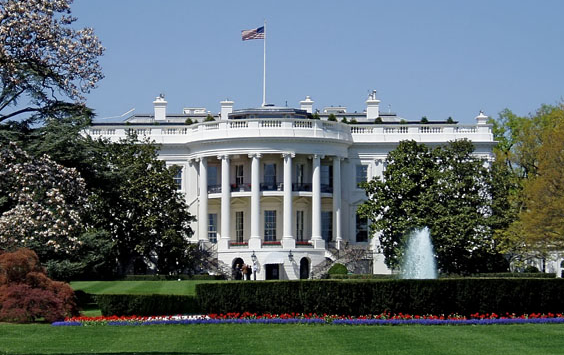
The White House is open to changing marijuana from a Schedule 1 controlled substance, Attorney General Eric Holder announced Friday, but any change would have to come from the U.S. House. The move wouldn’t necessarily legalize cannabis, but it would make it easier for medical studies of the plant to be conducted as well as give state-legal pot businesses the ability to take federal tax deductions they currently are not allowed to take.
Drugs in America are categorized by Schedule, with Schedule 1 drugs consisting of those that the government says have no medical benefits whatsoever. That list also includes LSD and heroin. Interestingly, cocaine is a Schedule 2 drug with some limited, legal applications in medicine. Seriously.
Because of marijuana’s position on the schedule list, it’s kept it from being openly studied in universities and helped maintain it’s illegal status nationwide. But apparently, the Obama administration is willing to discuss changing that.
“We’d be more than glad to work with Congress if there is a desire to look at and reexamine how the drug is scheduled, as I said there is a great degree of expertise that exists in Congress,” Holder said Friday at a House Appropriations Committee hearing. “It is something that ultimately Congress would have to change, and I think that our administration would be glad to work with Congress if such a proposal were made.”
While the move would be a major shift in policy on paper, Bill Piper, director of the Drug Policy Alliance says rescheduling is “not a real solution” to the failed drug war. He says that marijuana should be de-scheduled, not re-scheduled.
Rescheduling would be a modest step in the right direction, possibly opening the door for limited research,” the DPA wrote in their response to Holder’s comments. “Symbolically, it would be a victory for commonsense drug policy, acknowledging the weight of the scientific evidence and popular support for medical marijuana.
“However, simply moving marijuana to a less restrictive schedule would not protect existing state medical marijuana programs or change federal penalties for possessing, cultivating, and distributing marijuana. Nor would it remove all obstacles to research or force DEA and NIDA to allow research to move forward.”
Some have argued that one extreme of re-scheduling the plant is that it would give the FDA complete control and could eliminate medical marijuana dispensaries and home cultivation of medical ganja entirely in favor of distributing cannabis through pharmacies. That said, FDA-regulated substances like tobacco can still be grown at home and FDA-controlled drugs like Tylenol (which, incidentally, can kill you – unlike marijuana) can be purchased at places other than pharmacies.
